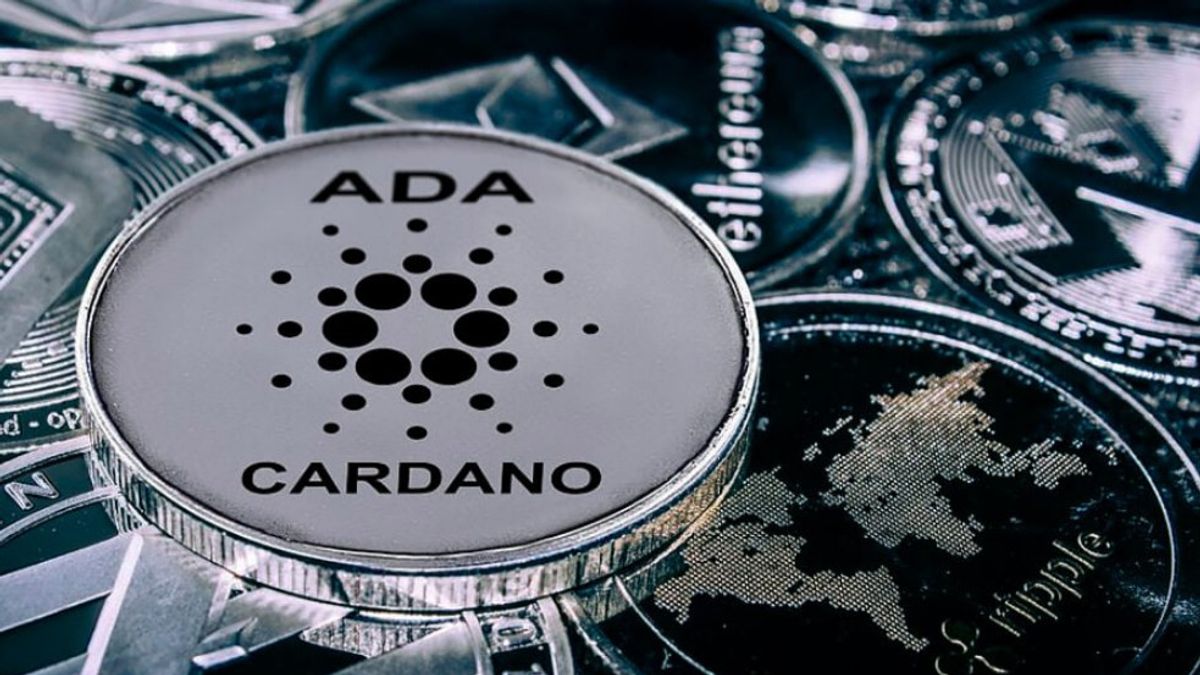Here is What Sets Apart Cardano From Other Top Cryptocurrencies
10.08.2024 12:00 2 min. read Alexander Stefanov
Cardano (ADA), a prominent proof-of-stake cryptocurrency, has achieved exceptionally low inflation, drawing both commendation and criticism from the crypto community.
In the past year, Cardano’s inflation rate was recorded at a mere 2.5%, considerably lower than its competitors. For comparison, Avalanche (AVAX) and Polkadot (DOT) have much higher rates, and even Ethereum (ETH) shows twice the inflation of Cardano. Bitcoin (BTC) remains the benchmark for scarcity with an inflation rate of 0.86% post-2024 halving. These statistics were shared by a well-known Cardano community figure, @cardano_whale.
Cardano’s minimal inflation, combined with its extensive adoption and economic sustainability, positions it as a strong contender in the crypto space for 2024. The community suggests that if Cardano’s inflation were to rise significantly, it would face intense criticism, highlighting the current satisfaction with its economic model.
On August 2, 2024, Cardano achieved a notable milestone by completing 2,500 days without any network outages, showcasing its reliability.
Despite these successes, Cardano faces ongoing criticism regarding its network activity and the development pace of its decentralized finance (DeFi) sector. According to DefiLlama, the total value locked (TVL) in Cardano’s DeFi protocols peaked at over $468 million in March 2024 but fell to $170 million after a price drop. Since then, the ecosystem has shown signs of recovery, with Minswap, Indigo, and Liqwid contributing significantly to the TVL.
In summary, Cardano’s ultra-low inflation rate and robust network reliability present a balanced narrative, with notable achievements tempered by areas needing further development.
-
1
Uphold Wants to Pay Yield on XRP – Here’s the Work-Around
15.06.2025 19:00 2 min. read -
2
Top 4 Cryptos to Watch This Summer, Offering 1000x Growth Potential
16.06.2025 13:43 4 min. read -
3
Public Company Makes Bold Bet on Ethereum With $463M Investment
13.06.2025 19:00 1 min. read -
4
Sui Price Prediction: SUI Could Rise to $5 If This Pattern Plays Out
16.06.2025 23:35 3 min. read -
5
Trump Family Reaches Resolution on Memecoin Dispute, Eyes Major Token Purchase
08.06.2025 14:00 2 min. read
BNB Chain Boosts Transaction Speed and Stability with New Upgrade
BNB Chain is set to upgrade the BNB Smart Chain (BSC) by cutting the block time in half, from 1.5 seconds down to 0.75 seconds.
Chainlink Bounces From Key Support, Eyes Breakout From Downtrend
Cryptocurrency analytics firm MakroVision has shared its technical assessment of Chainlink (LINK) price action.
Pennsylvania Man Sentenced to 8 Years for $40M Crypto Ponzi Scheme
The U.S. Department of Justice has sentenced Dwayne Golden, 57, of Pennsylvania to 97 months in prison for orchestrating a fraudulent crypto investment scheme that stole over $40 million from investors.
Snorter Token ($SNORT) Price Prediction, ChatGPT Forecasts 10x by end of 2025
Snorter Token ($SNORT) is a new meme coin and utility token designed to enhance crypto trading with its Telegram-native trading bot, Snorter Bot. This bot is equipped with sniping capabilities, copy trading, and swap functionalities, offering traders the ability to profit from the volatile crypto markets. As the presale has garnered significant attention, raising over […]
-
1
Uphold Wants to Pay Yield on XRP – Here’s the Work-Around
15.06.2025 19:00 2 min. read -
2
Top 4 Cryptos to Watch This Summer, Offering 1000x Growth Potential
16.06.2025 13:43 4 min. read -
3
Public Company Makes Bold Bet on Ethereum With $463M Investment
13.06.2025 19:00 1 min. read -
4
Sui Price Prediction: SUI Could Rise to $5 If This Pattern Plays Out
16.06.2025 23:35 3 min. read -
5
Trump Family Reaches Resolution on Memecoin Dispute, Eyes Major Token Purchase
08.06.2025 14:00 2 min. read


